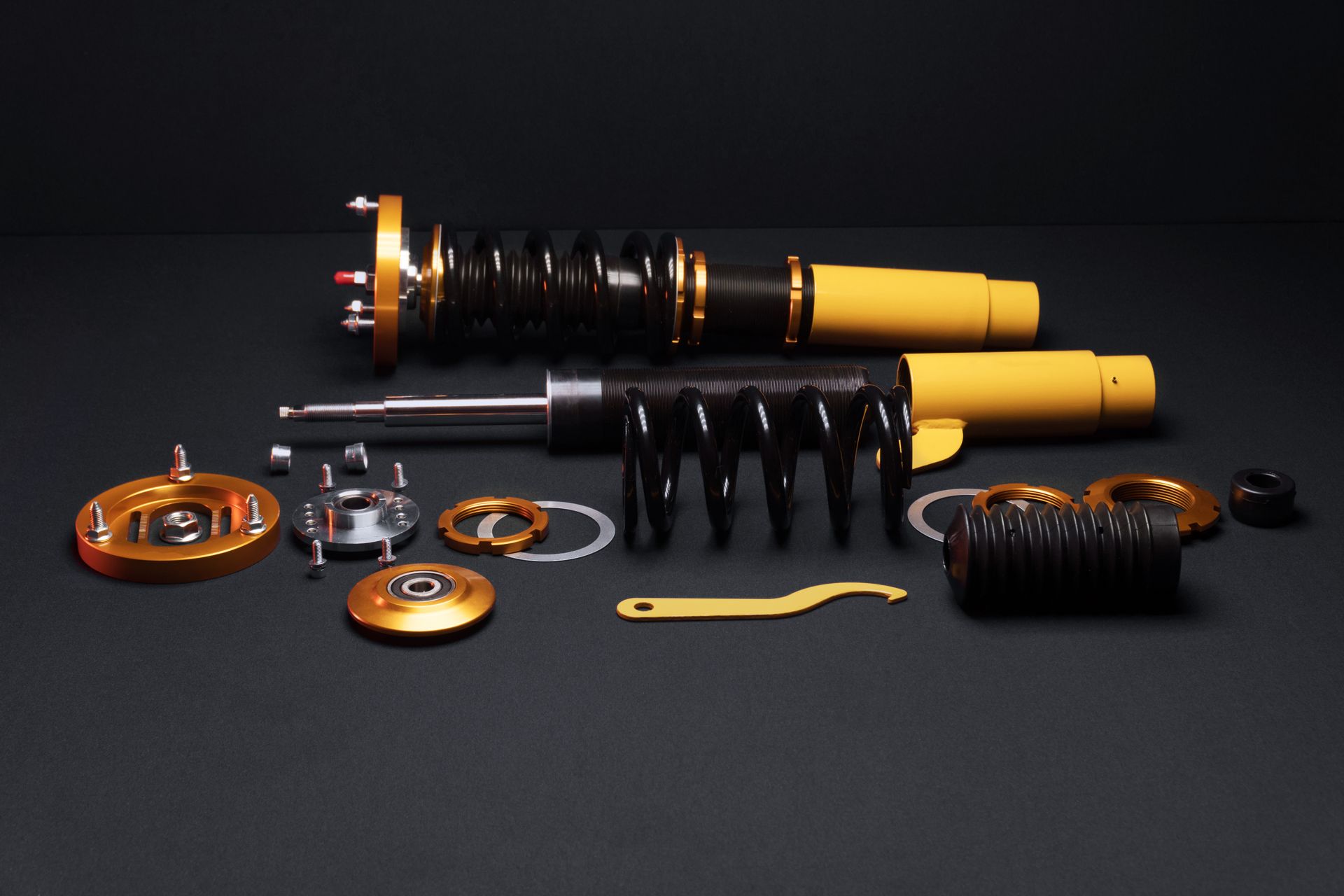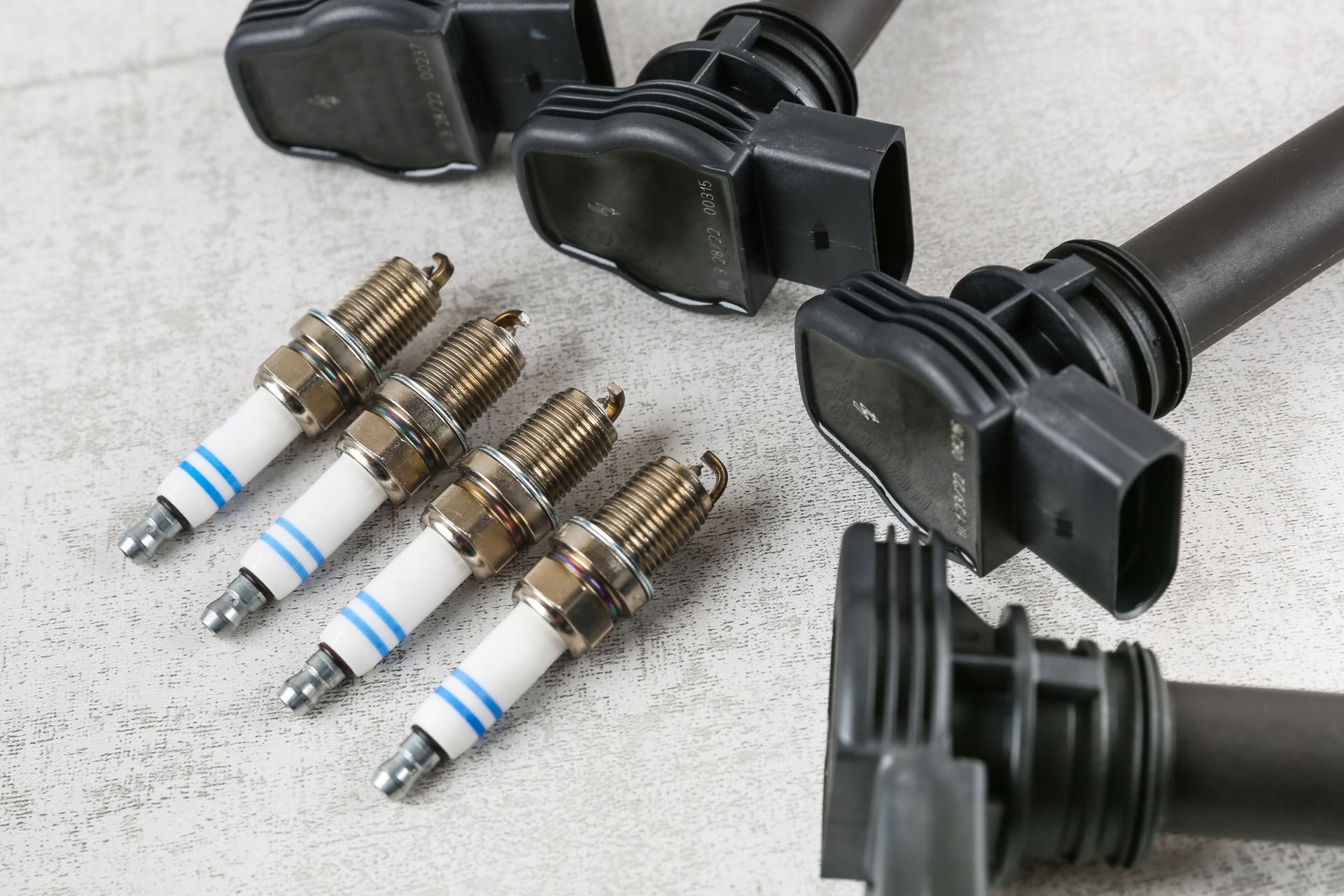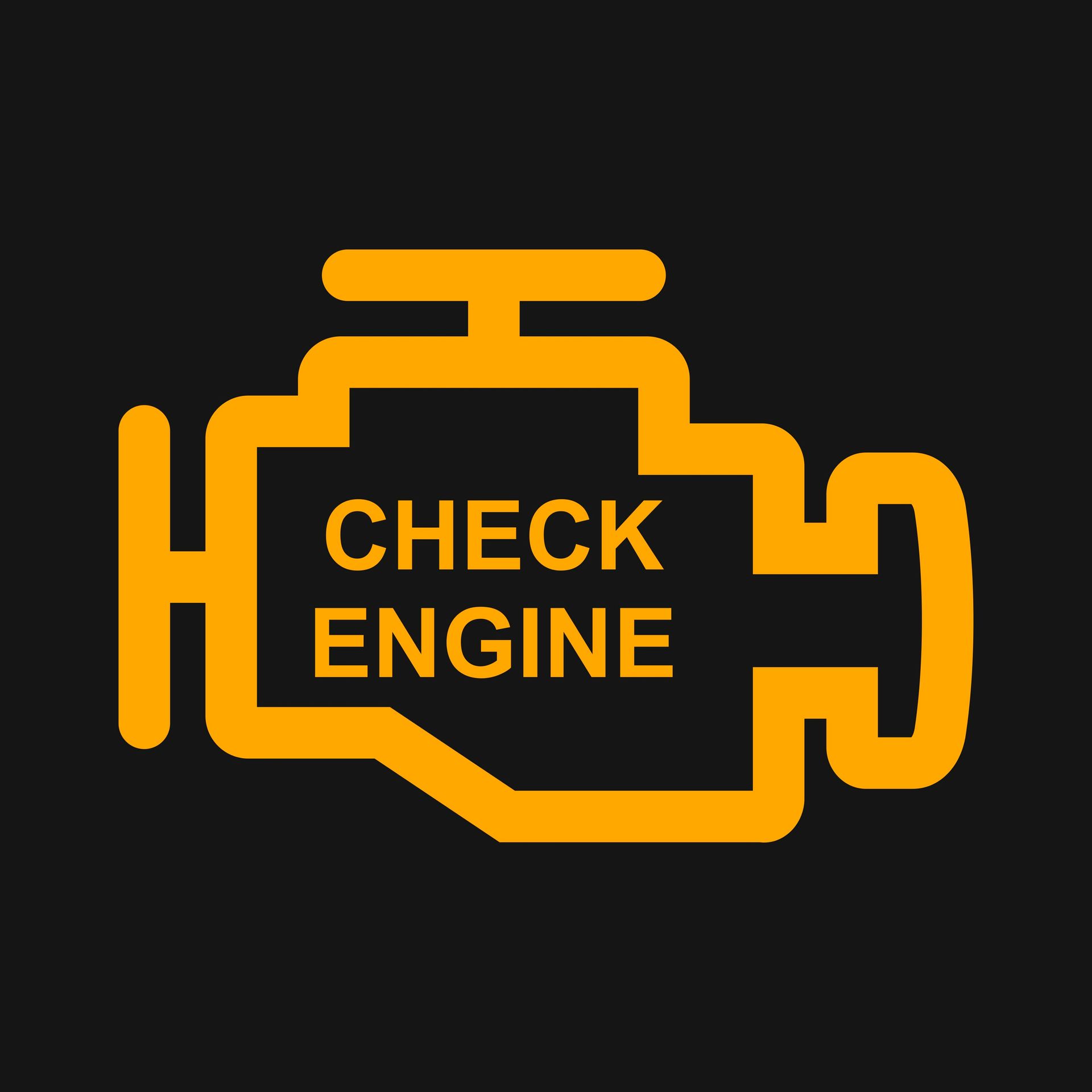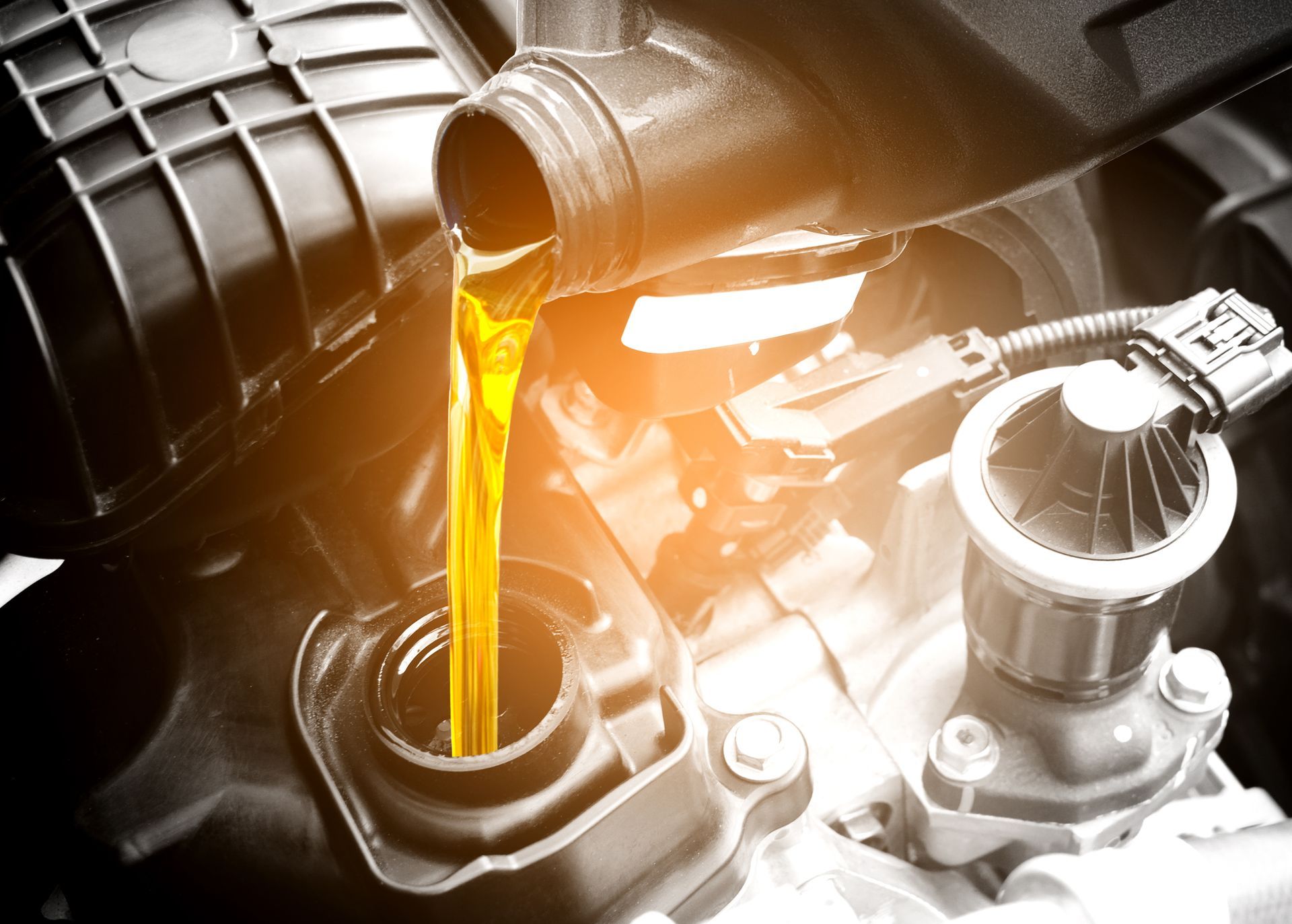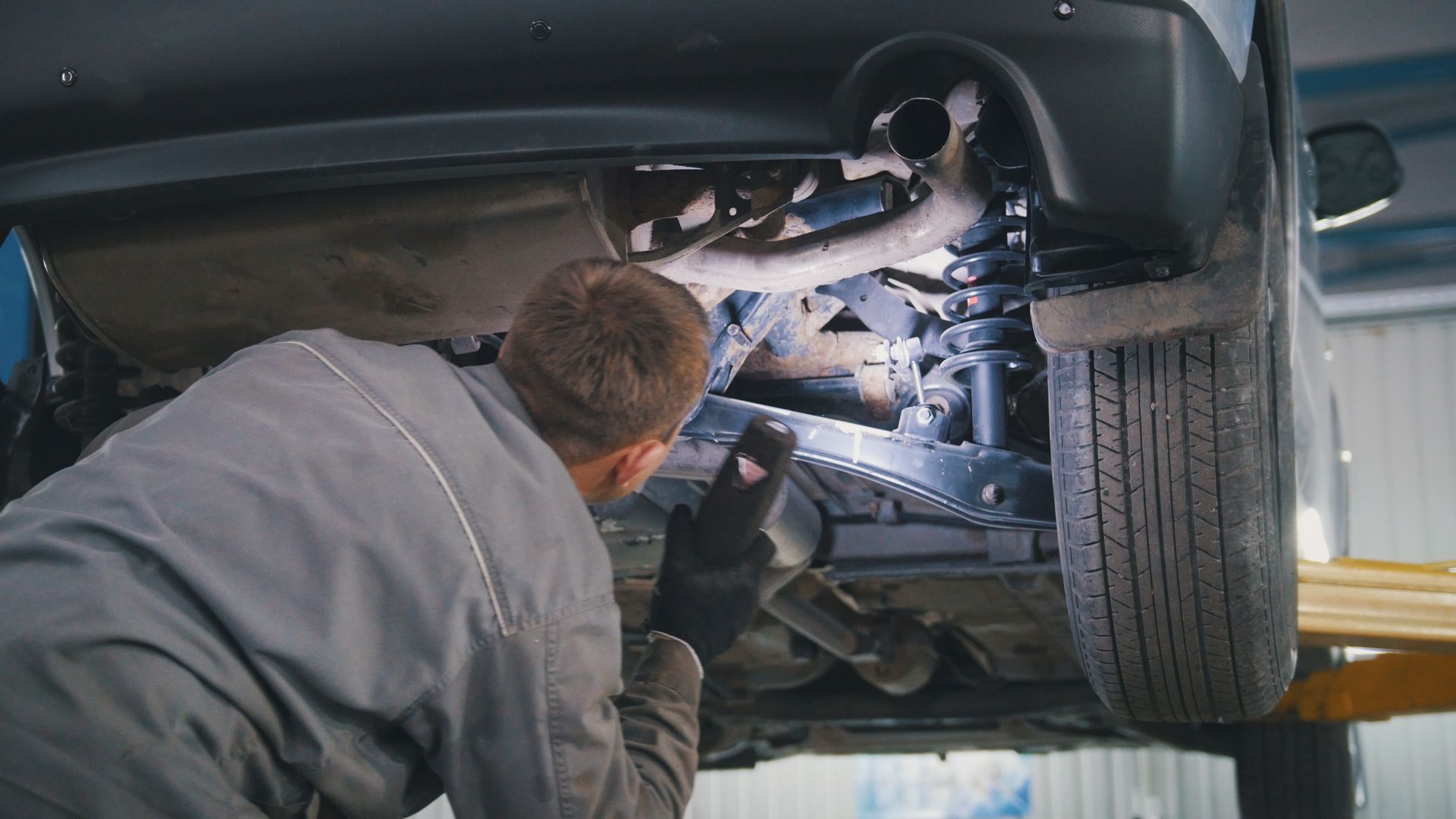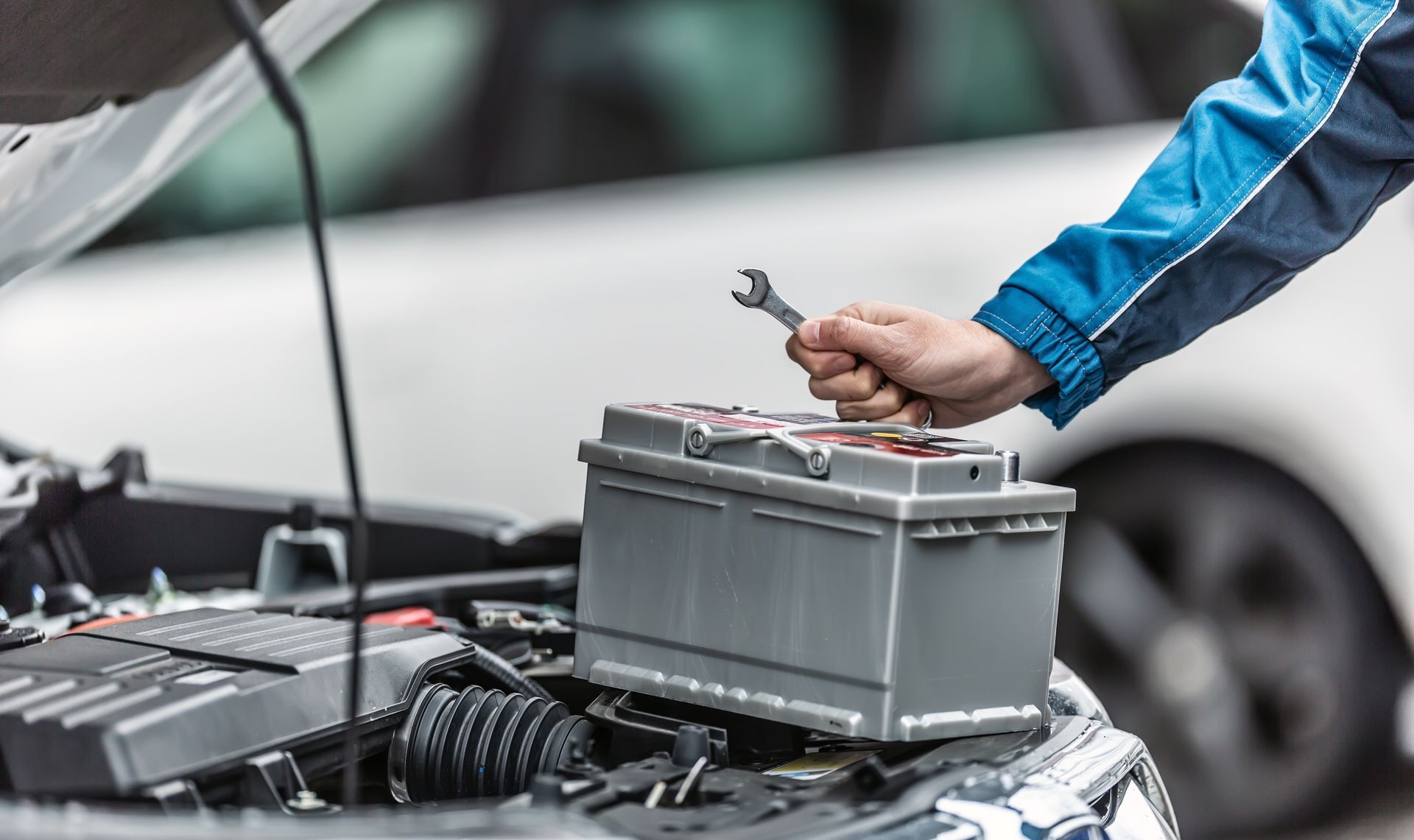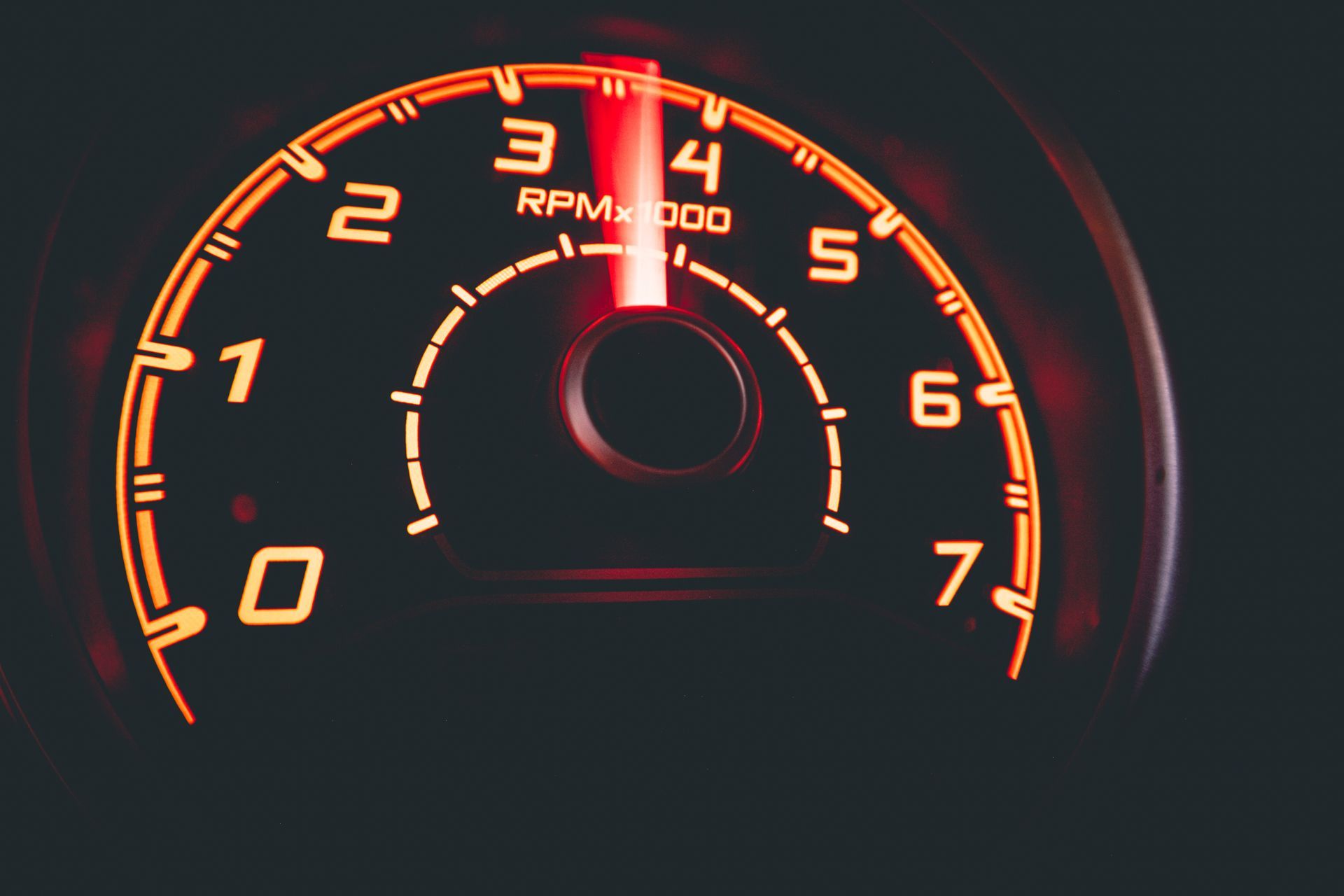Noticing that your car is burning through gas faster than it used to can be frustrating and costly. Whether you drive short distances around Everett or take regular trips on the highway, a sudden drop in fuel efficiency often signals that something in your vehicle needs attention. The good news is that many of the common causes are fixable, and addressing them early can save you money at the pump.
How Driving Habits Influence Fuel Economy
Sometimes the issue is not mechanical at all. Frequent rapid acceleration, hard braking, and driving at higher speeds all force your engine to work harder, using more fuel in the process. Short trips where the engine never fully warms up can also reduce efficiency because a cold engine runs richer, meaning it uses more gasoline to operate. Even something as simple as idling for long periods can cause your mileage to drop noticeably over time.
Tire Pressure and Wheel Alignment
Underinflated tires create more rolling resistance, which means your engine has to use more energy to keep the car moving. Even a few pounds of lost pressure can make a difference in fuel consumption. Likewise, poor wheel alignment can cause uneven tire wear and increased drag, further hurting efficiency. Regularly checking your tire pressure and getting alignments as needed is one of the easiest ways to protect your fuel economy.
Engine Maintenance and Tune-Ups
A well-maintained engine runs more efficiently. Dirty air filters restrict airflow, forcing the engine to work harder. Old spark plugs may not ignite the air-fuel mixture as effectively, leading to incomplete combustion and wasted fuel. Clogged fuel injectors can also prevent the engine from receiving the precise amount of fuel it needs. Following the recommended maintenance schedule for oil changes, filter replacements, and spark plug inspections is key to keeping your MPG consistent.
Problems with the Fuel System
If there is an issue in the fuel delivery system, your car may not be operating at its most efficient. A failing fuel pump, partially clogged fuel filter, or malfunctioning pressure regulator can cause poor performance and higher fuel usage. In some cases, the vehicle may also feel sluggish, hesitate under acceleration, or misfire while driving.
Sensor and Computer-Related Issues
Modern cars use various sensors to regulate fuel mixture and engine timing. If a mass airflow sensor (MAF), oxygen sensor (O2), or throttle position sensor malfunctions, it can send incorrect data to the engine control unit. This can cause the engine to run too rich or too lean, hurting both fuel economy and performance. Often, these problems trigger the check engine light, making them easier to detect during a diagnostic scan.
Weight and Aerodynamics
Carrying unnecessary weight in the trunk or on roof racks can lower fuel efficiency more than many drivers realize. Roof boxes, bike racks, or even leaving a roof crossbar installed when not in use can increase drag and reduce MPG, especially at highway speeds. Keeping your car free of excess cargo and removing unused racks can make a small but worthwhile difference.
Fuel Quality and Type
The quality of the gasoline you use can also impact performance. Filling up with lower-grade fuel than your manufacturer recommends can lead to reduced power and efficiency. Contaminated fuel—while rare—can cause misfires and poor combustion, forcing your engine to burn more fuel to produce the same power.
Climate and Seasonal Changes
Gas mileage can drop during the colder months due to several factors, including winter-blend fuel formulations, longer engine warm-up times, and increased use of heaters and defrosters. In Everett’s damp and cool climate, your engine may need more time to reach optimal operating temperature, slightly reducing efficiency.
Have Your Car Checked
If you notice a sudden, unexplained drop in fuel efficiency and have ruled out changes in driving habits or weather, it’s time for a professional inspection. We will check tire condition, alignment, engine components, and perform a diagnostic scan to look for sensor or system issues. Addressing the cause early not only saves money on fuel but can prevent more expensive repairs in the future.
Get Back to Better Gas Mileage
At
Evergreen Auto Repair in Everett, WA, we offer complete diagnostic and maintenance services to restore your vehicle’s efficiency. Whether your car needs a tune-up, fuel system cleaning, or repairs to restore proper performance, our experienced team will get you back on the road with confidence. Schedule your appointment today and start saving at the pump.


